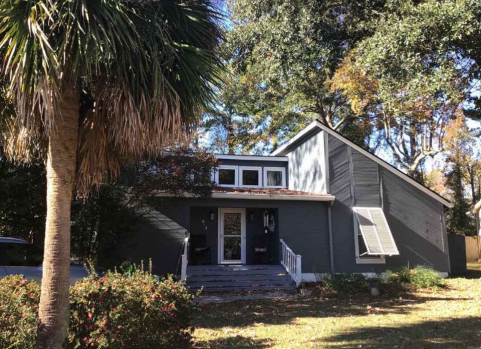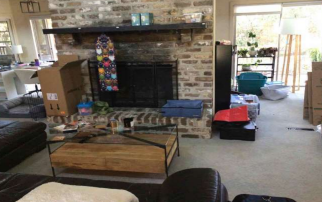Hiring the right contractor is one of the most important decisions you’ll make as a real estate investor. A great contractor can help you stay on time and on budget, while the wrong one can cost you thousands in delays and mistakes. At a recent Young Ballers Community event in Savannah, Josh Moseler shared valuable insights on budgeting, contractor selection, and the importance of building strong relationships. Here are the key takeaways to help you avoid costly mistakes on your next flip.
1. The Cheapest Bid Isn’t Always the Best
It’s tempting to go with the lowest contractor bid to save money, but a low price often comes at a high cost. Inexperienced contractors may underestimate the project’s complexity, leading to poor workmanship, delays, or unexpected expenses later. Instead of choosing purely based on price, look at their experience, past work, and client reviews. A fair price for quality work will save you money in the long run.
2. Build a Strong Relationship with Your Contractor
Your contractor is more than just a hired worker—they’re a crucial partner in your investment success. Treating them with respect and fostering a good working relationship can lead to better communication, smoother projects, and even priority scheduling for future flips. Pay on time, be clear about expectations, and establish mutual trust. A contractor who values your business is more likely to go the extra mile when it matters.
3. Always Have a Contingency Fund
Even the best-planned projects run into unexpected costs. Whether it’s hidden structural issues, material price increases, or permit delays, a contingency fund is essential. Josh Moseler recommends setting aside at least 20% of your total budget to cover unforeseen expenses. Having this buffer in place ensures that a surprise issue won’t derail your entire project.
Final Thoughts
A successful flip starts with smart planning, and that includes hiring the right contractor. Avoid the cheapest bid, treat your contractor like a partner, and always have a contingency fund to protect your profits.
Shoutout to the Young Ballers Community for bringing investors together and to Josh Moseler for sharing these valuable insights! If you’re looking for fast, reliable funding for your next project, Low Tide Private Lending is here to help. Contact us today to learn more!










